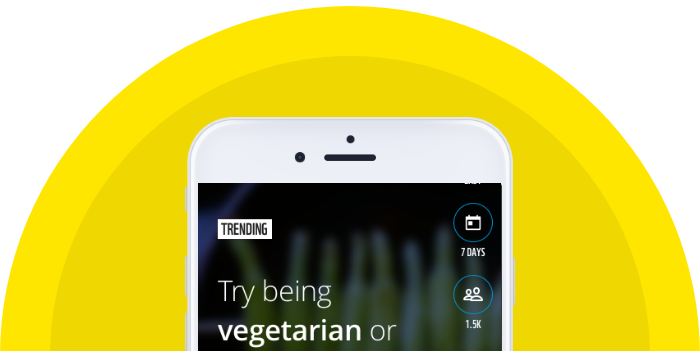Your Challenge
Water is a finite resource on our planet, yet in the UK an average person uses around 145 litres per day [1]. We can help our planet’s precious freshwater ecosystems by saving water where possible. One good place to start is by collecting rainwater.
Rainwater can be used to water indoor and outdoor plants, and can even be used to wash things like patios, balconies and bikes! Water from your garden hose is fresh drinking water, and contains compounds like fluoride and chlorine which makes it safe for us to drink, but can be harmful for plants. So it’s a win-win when we save water for them.
To start saving water, you could install a water butt in your garden. A top tip is to look for second-hand ones as many people throw them away. Alternatively, check with your water company (see your water bill) as they often offer discounts on water-saving devices including water butts.
If you don’t have a garden but want to save water, check the weather forecast and place a bucket, tub or other container outside to catch the rain. Then, carefully bottle it into reused (and washed) pop, juice or water bottles. Make sure you label your rainwater!
Why you're doing this
It takes a lot of energy to treat, pump and deliver water to your home, but rainwater is readily available. Collecting rainwater can also help relieve pressure on drains and prevent flooding. Less than 2.5% of the water on our planet is fresh water, and less than 1% of that fresh water is accessible for people to use [2]. As the impact of climate change worsens, water becomes scarcer and at risk of pollution. We can all do our bit to help by taking care of our water footprint.
In heavy downpour there is less pressure on drains which can block with debris and overflow, thus flooding. By capturing rainwater in butts you're removing a portion that would go down the drain and contribute to flooding.
Makes sense, thanks for explaining. Seems obvious now I have reread it.
How you'll make a difference
Using less water uses less energy, which lowers your carbon footprint. And recycling rainwater reduces your water footprint by reducing demand for fresh drinking water. Rainwater is an easy and sustainable way to look after your garden – and your plants will love you for it.
